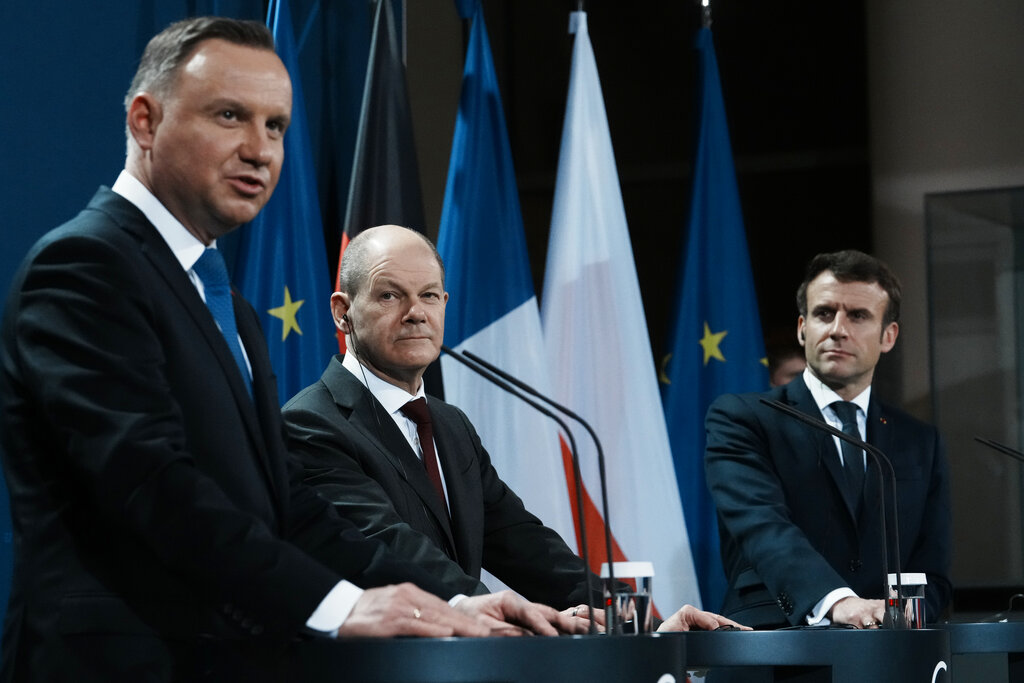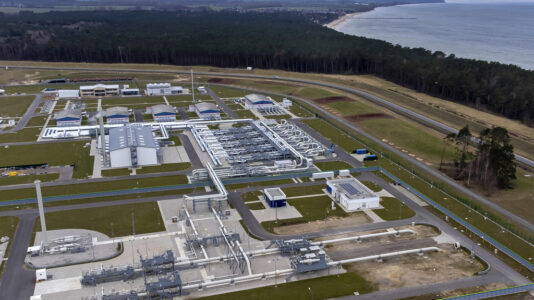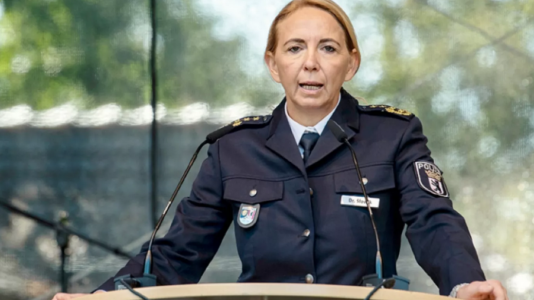Polish President Andrzej Duda criticized German Chancellor Olaf Scholz for his conversation with Russian President Vladimir Putin, as well as for not inviting Ukraine to the talks in Berlin, writes Do Rzeczy.
“I believe it was an attempt to bring about a ceasefire in Ukraine before Donald Trump took office,” President Andrzej Duda told Bloomberg, commenting on Friday’s telephone conversation between German Chancellor Olaf Scholz and Russian leader Vladimir Putin.
According to Duda, the German chancellor fears that he will be forced into an unfavorable agreement with Washington when Donald Trump returns as president and is trying to get ahead of it. In his opinion, Germans are most afraid that Trump will force them to buy gas from America.
The president also criticized Chancellor Scholz’s decision to invite U.S. President Joe Biden and the leaders of France and Great Britain to Berlin in late October to discuss the future of Ukraine. He said he was “shocked” that Ukrainian President Volodymyr Zelensky was not at the table.
Commenting on suggestions that Trump would abandon Ukraine after taking office, Andrzej Duda called them “ridiculous.” He said that during a phone call on Nov. 11, Trump did not outline his plan for the war in Ukraine, but asked about Duda’s views on the issue and the positions of other leaders.
“I am convinced that when it comes to the war in Ukraine, Donald Trump is collecting data and information,” Duda was quoted as saying on the president’s site.
Duda is currently in Jordan to meet with King Abdullah II bin Al-Hussein. The two leaders will discuss bilateral and military cooperation, as well as security issues, in the context of the conflict in the Middle East and the war in Ukraine.






